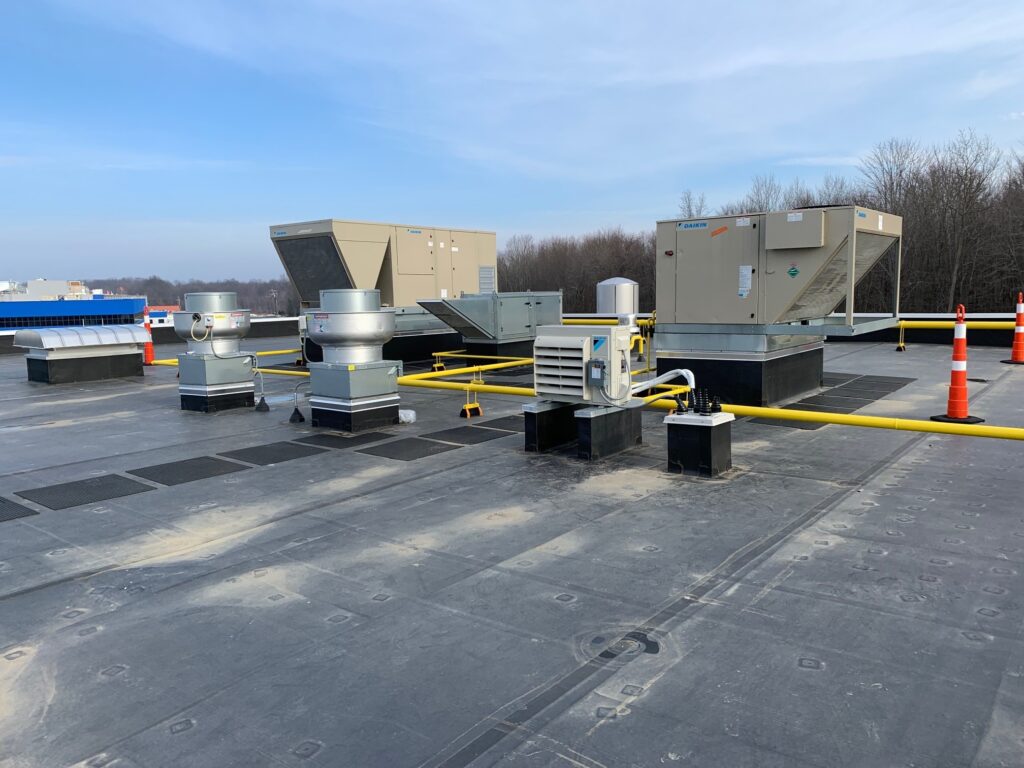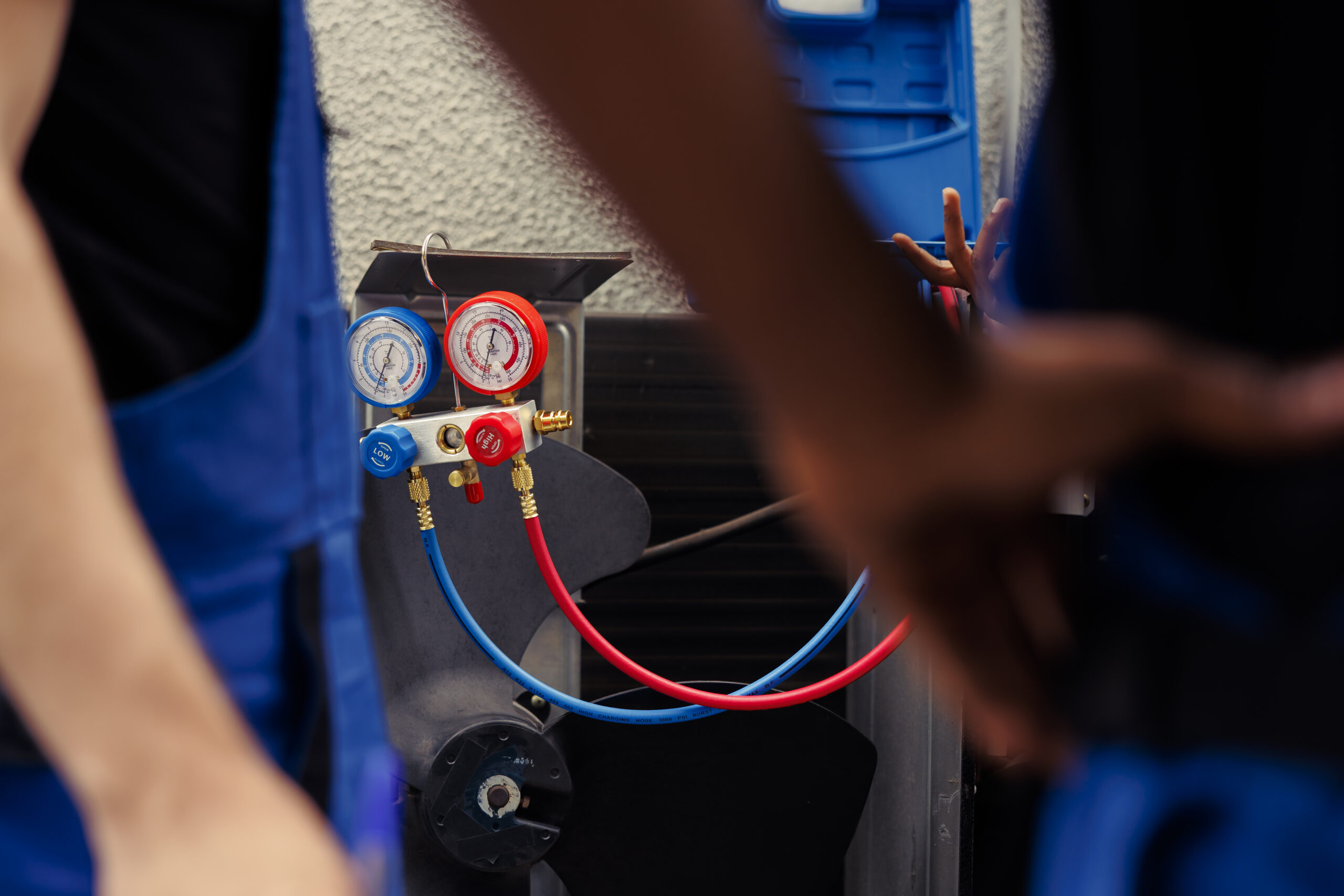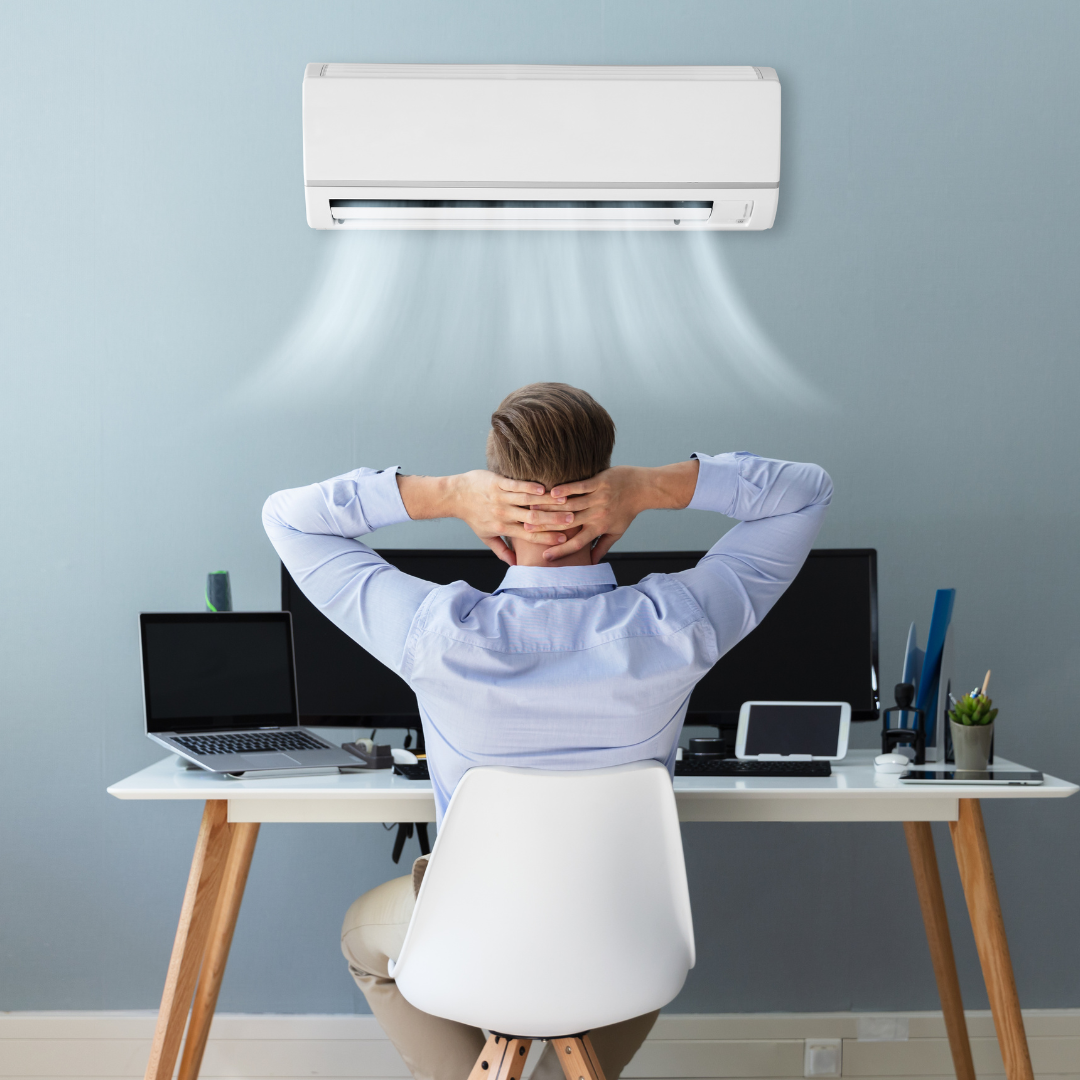 In this showdown, we have two types of heating systems: the geothermal system and the radiant heating system.
In this showdown, we have two types of heating systems: the geothermal system and the radiant heating system.
Both of these systems are installed below your feet and provide unmatched heating power. However, the differences between the two will have you choosing sides. Either way, they’re both great systems that deserve a chance and can be installed by a qualified HVAC company in Fairview Park, OH.
Here are all the details:
First, A Brief Primer on Both
Geothermal systems are a type of heat pump. Specifically, a ground-source heat pump. One half of the system consists of large metal loops buried underneath the ground. These loops absorb the heat beneath the soil, providing the system with enough warmth to keep you comfortable through even the worst winters.
Radiant heating systems come in a few different forms, but the most important part is in understanding that these systems are installed below your floor or behind the walls (and, in some cases, in the ceiling). The heating elements warm up and provide the entire room with even, comfortable heating.
What They Have in Common
It’s true that both of these systems are placed under the ground or under your feet. More importantly, both systems are going to require some thought before deciding whether to install them. Here’s why:
- Complicated Installation: Getting a bunch of HVAC components beneath the ground or under your floor isn’t a simple task. Geothermal systems can be installed underground vertically, so the problem isn’t as much about square feet as it is all the digging to be done. As for radiant heating systems, they’re best installed during a massive remodeling or if moving into a house being built.
- Electric Heating: Both systems run on electricity. If you’re someone who is fonder of using natural gas for your heating, then you might want to stick to your furnace or boiler.
- Longevity: Both of these systems can last for several decades with just minor repairs. It’s not a worthwhile investment to install either of these systems in a home that you don’t plan to stay in for very long (but it certainly won’t lower the value of the home, either).
What Makes Them Different
In terms of their actual performance, however, you’ll find plenty of differences between these two systems:
- Forced-Air vs. Radiant Heat: Heat pumps change the temperature of a room by changing the temperature of the air. This is effective, but it can kick up dust and can dry the air out faster. On the other hand, radiant heating feels more natural, won’t disturb the air, and won’t leave corners of the room unheated.
- Hydronic Heating: Radiant heaters actually have the option to be installed like an extension of a natural gas boiler. Rather than using electricity, their heating components fill with hot water to warm the room.
- Geothermal Is More Than Just Heating: Since a geothermal system is a heat pump, it also functions just like an air conditioner. These systems can be used in both summer and winter. Radiant heating systems only supply heating.
Need help choosing an HVAC system? Contact Westland Heating & Air Conditioning today to schedule service.







